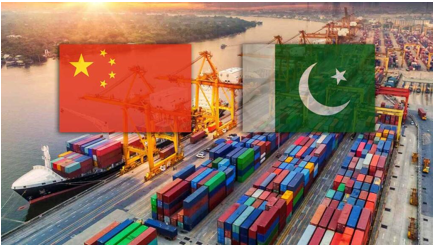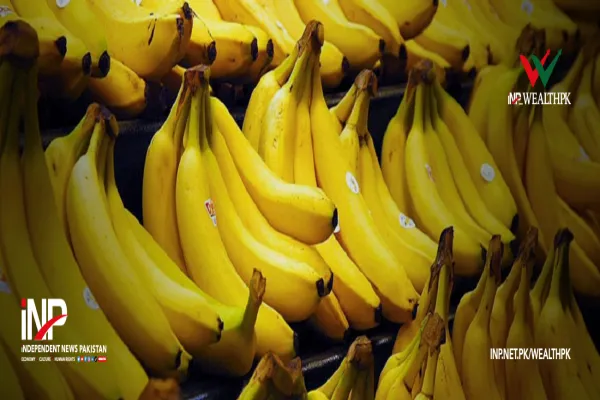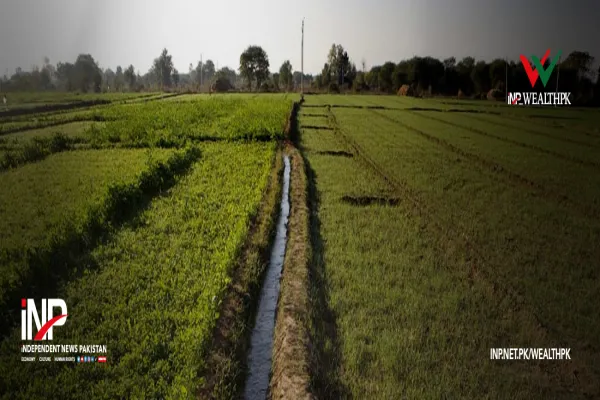i INP-WEALTHPK
Ayesha Saba
Developing well-structured joint ventures with Chinese firms in special economic zones (SEZs) is pivotal to balancing Pakistan’s trade deficit, enhancing industrial productivity, and expanding the country’s export footprint, ex-advisor to the Islamabad Chamber of Commerce and Industries (ICCI) Tahir Jamal told WealthPK.

He said while Chinese investment in infrastructure during the first phase of CPEC bridged Pakistan’s energy and connectivity gaps, the second phase must now focus on building productive capacity through industrial partnerships. “SEZs offer a golden opportunity to channel foreign direct investment (FDI) into export-oriented manufacturing, particularly in collaboration with Chinese firms,” he noted.
He emphasized that joint ventures in SEZs can help Pakistan climb the value chain, moving away from raw material exports toward value-added goods. Currently, China accounts for a significant portion of Pakistan’s imports, ranging from machinery and electronics to intermediate goods. While these imports support the local industries, trade remains largely unbalanced due to limited Pakistani exports to China.
Tahir explained that establishing SEZs as hubs of co-production, where Chinese technology meets Pakistani labor and resources, can reduce this gap. “It’s about learning through doing. We need Chinese firms to relocate their export-oriented units to Pakistan, where local entrepreneurs can be part of the value chain,” he said. The government has responded by offering incentives for joint ventures within prioritized SEZs like Rashakai, Allama Iqbal Industrial City, and Dhabeji.
These zones are being developed with infrastructure and regulatory support aimed at attracting both local and Chinese investors. However, he cautioned that incentives alone are not enough, as Pakistan needs to streamline its business regulations, ensure one-window facilitation, and address policy inconsistency.
Talking to WealthPK, an official from the Pakistan Business Council said Pakistan must identify niche products and industries such as textiles, IT services, food processing, and light engineering, where it can feasibly integrate into Chinese or global supply chains. “Without this strategic clarity, the SEZs may become glorified warehousing zones rather than engines of industrial growth,” he cautioned.
“However, implementation challenges persist. We must move beyond capital inflows and focus on industrial linkages. Policy inconsistency, delays in infrastructure delivery, and red tape continue to hamper investor confidence,” the ICCI ex-adviser said. He urged the government to align its industrial policy with the trade policy to ensure that the SEZs are not only attractive to foreign investors but are also conducive to domestic entrepreneurship.
Credit: INP-WealthPk









